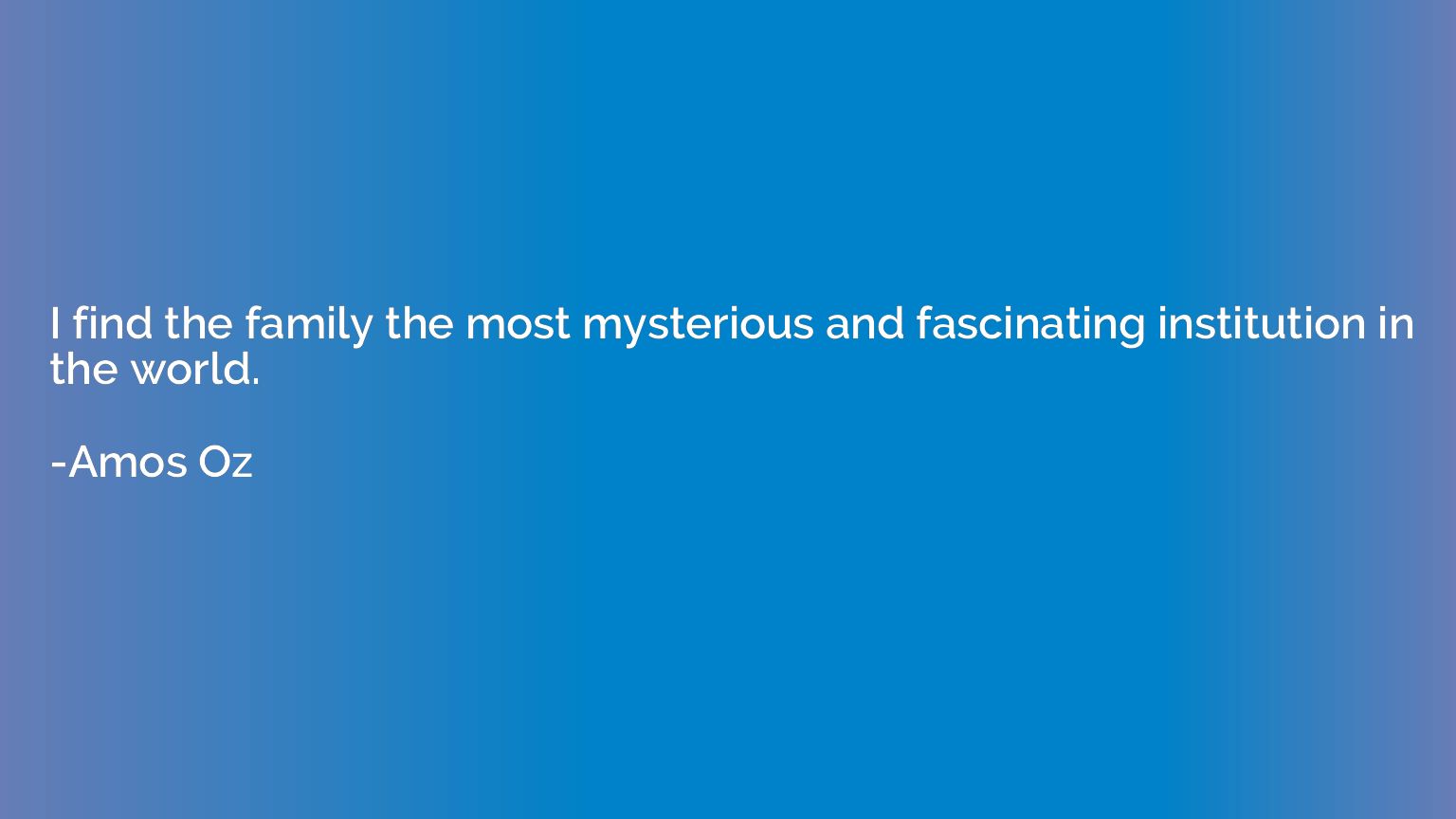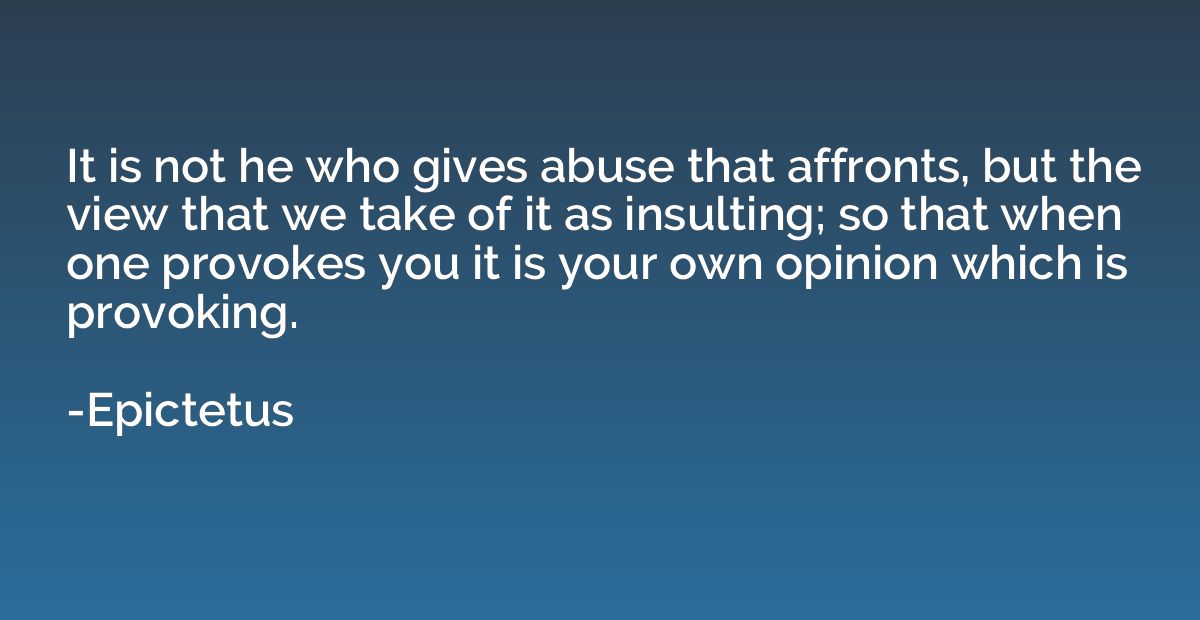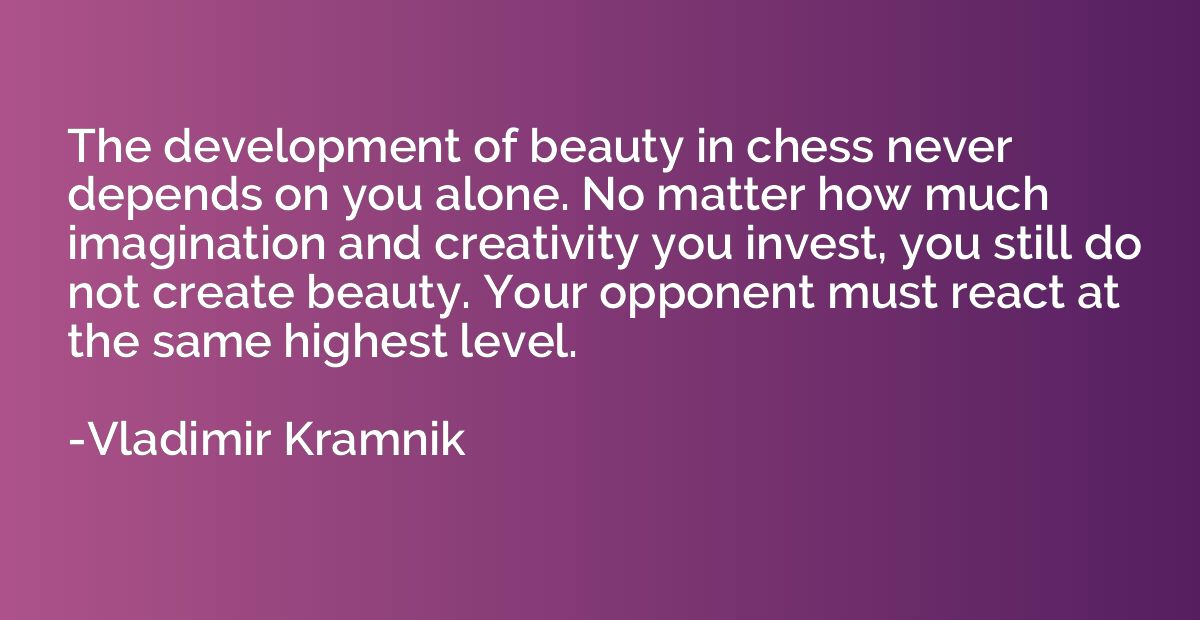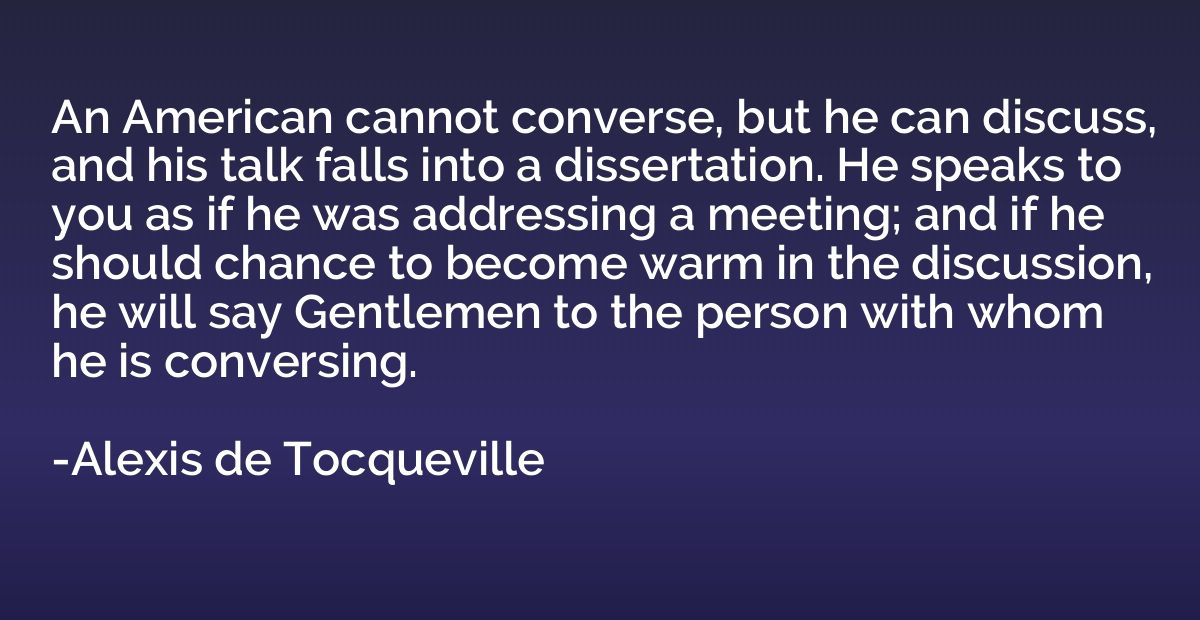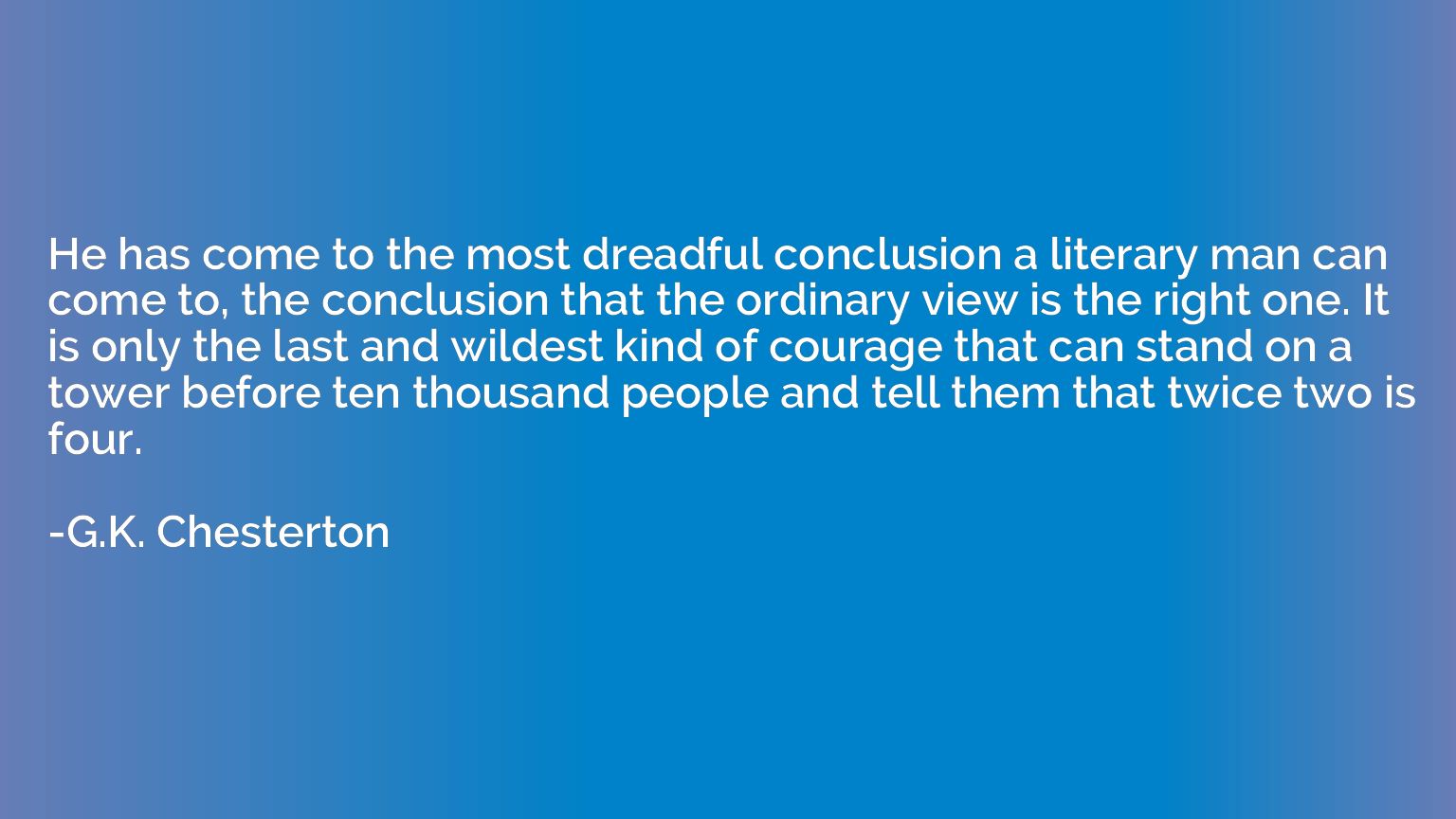Quote by Abraham Lincoln
The Democracy of to-day hold the liberty of one man to be absolutely nothing, when in conflict with another mans right of property. Republicans, on the contrary, are for both the man and the dollar; but in cases of conflict, the man before the dollar.
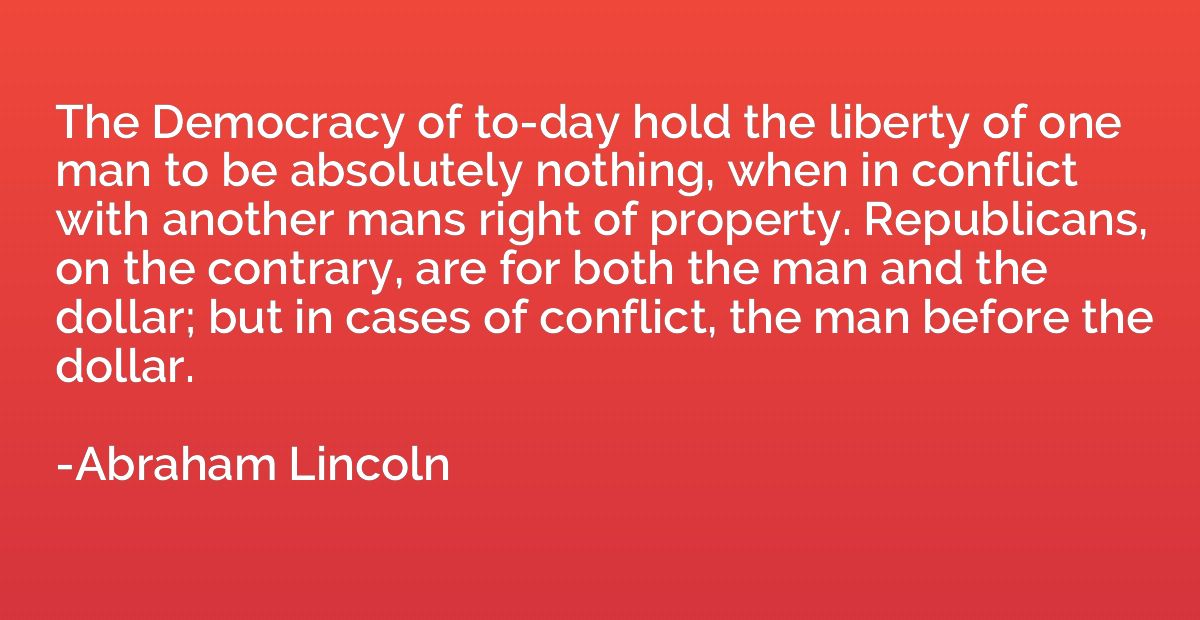
Summary
This quote emphasizes the contrasting perspectives between democracy and republicanism regarding individual liberties and property rights. It suggests that democracy believes the liberty of an individual is of little importance when it clashes with someone else's property rights. In contrast, republicanism prioritizes both the individual and their economic prosperity, but in cases where there is a conflict between the two, it values the rights and needs of the individual over monetary considerations. Ultimately, it highlights the different priorities and values held by these political ideologies.






